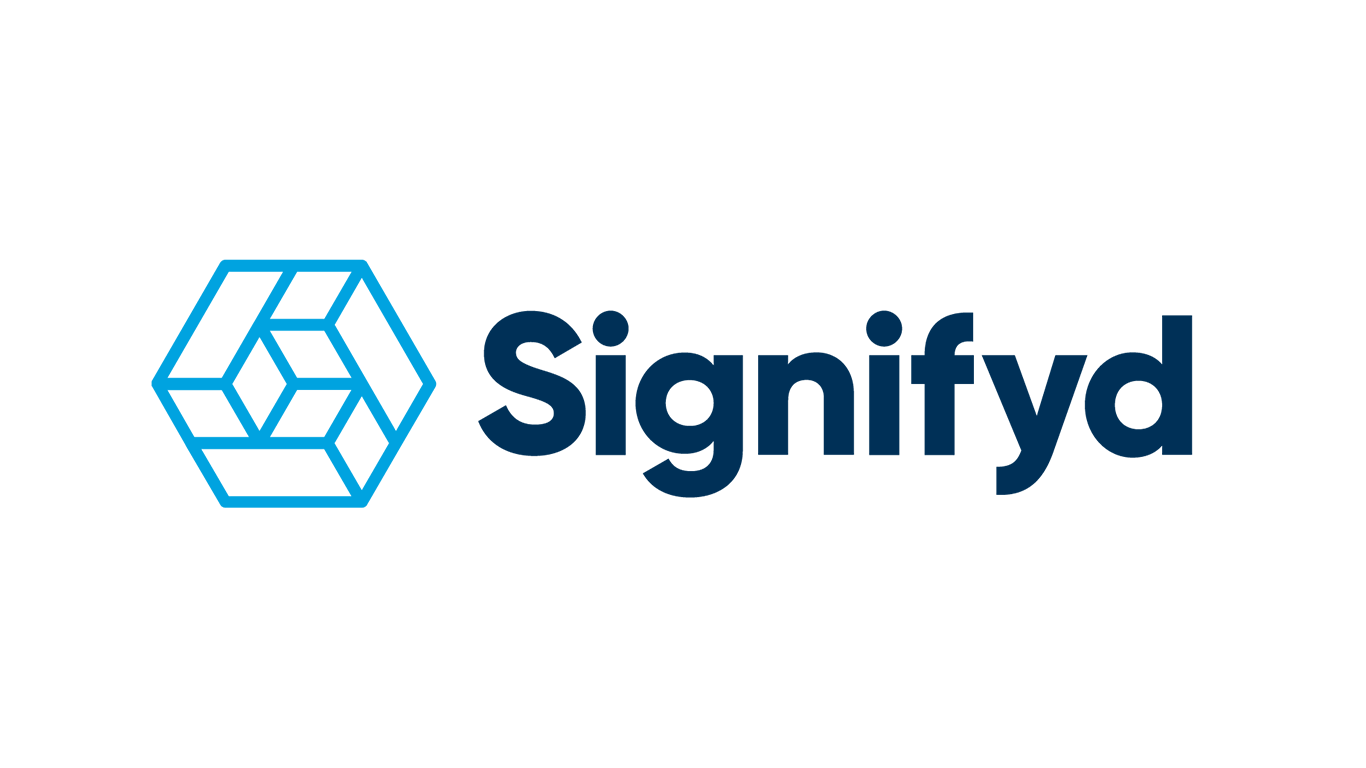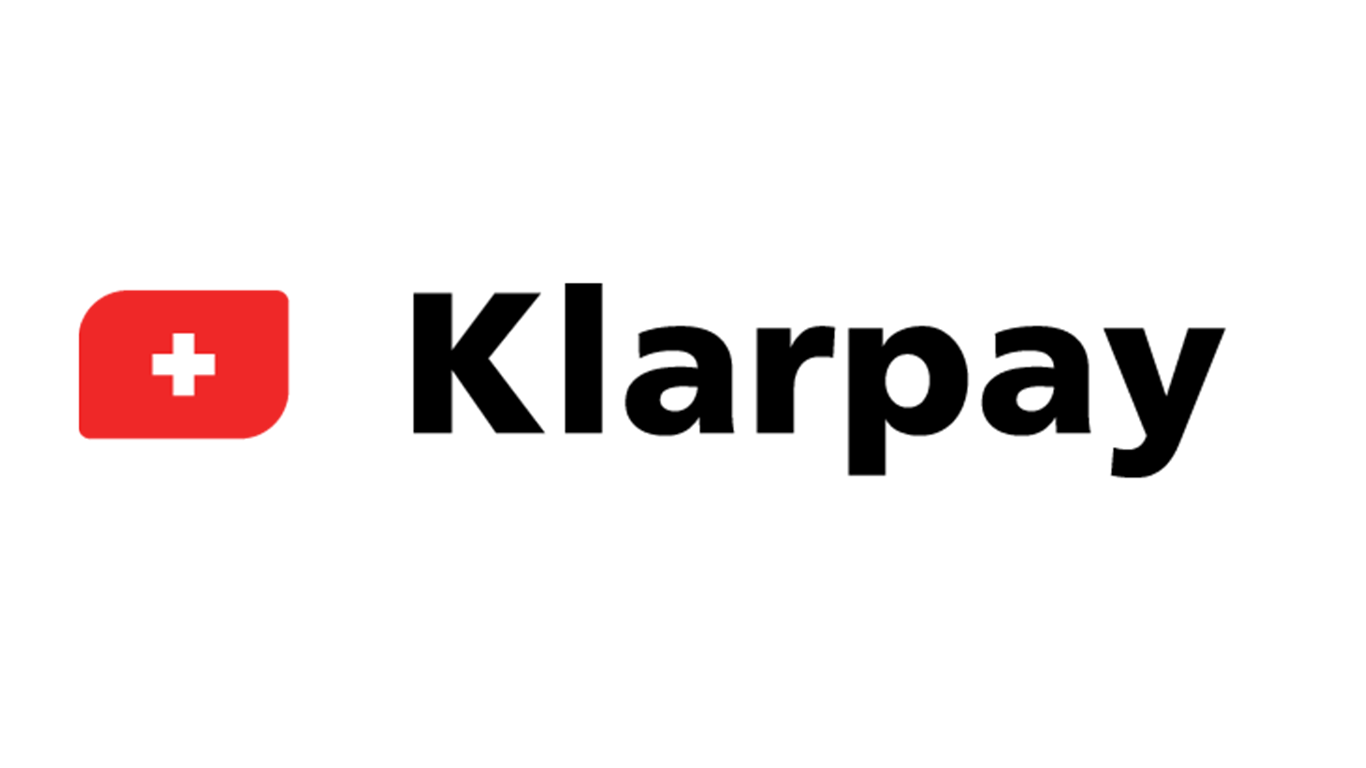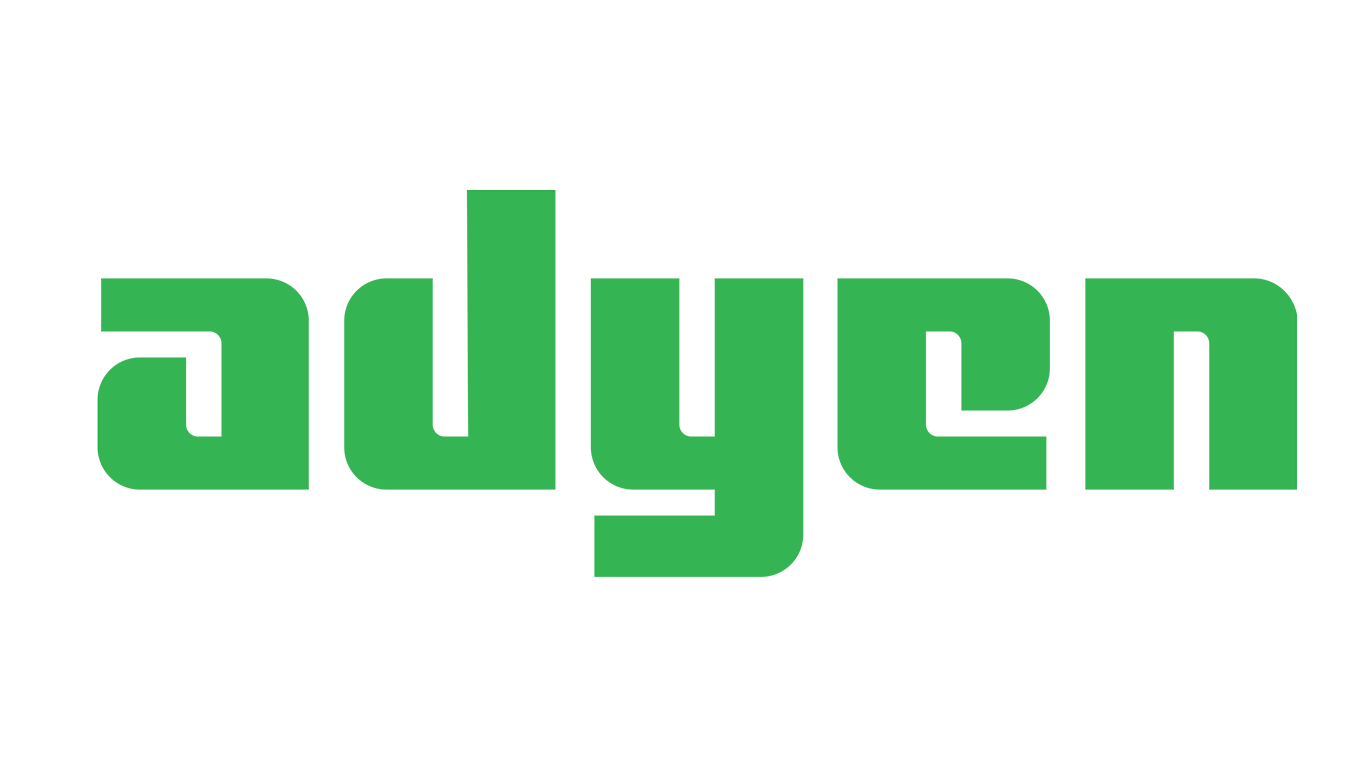Published
- 04:00 am

PayPoint today announces the launch of a next business day settlement service for PayPoint One customers signing up to integrated card payments with a PayPoint-preferred acquirer.
Initially available to new card payment customers for no additional fee, the service will enable retailers to receive funds from any card transactions directly into their nominated bank account the following business day.
With plans to introduce the service to all customers later this year, the next business day settlement service removes the existing wait of three to five days for retailers to receive card payment funds into their business accounts. This provides several practical benefits for business owners, including greater control over daily operational costs and faster reinvestment of revenue back into their business as needed.
Alongside Counter Cash, which allows consumers to withdraw exact denominations between 1p and £50, it’s one of many features that allow retailers to earn commission while providing a service that local communities rely on.
To complement the Next Business Day Settlement service, PayPoint already offers a Price Challenge. Existing customers with the PayPoint One device (and the ability to take integrated card payments) can earn £250 if PayPoint can’t save them money on their card processing fees when they switch from their current provider to a PayPoint-preferred acquirer. Additionally, PayPoint will cover the exit fees of a current provider when they switch to a full PayPoint One package, provided they meet the qualifying criteria.
Anna Holness, Sales Director at PayPoint said: “In the midst of economic uncertainty, we’re focused on supporting our retailer partners with innovative services that improve their cash flow, and the launch of our next business day settlement service does exactly that.
“Today marks the launch to new card payment customers, and over the course of 2022, it will be rolled out to all of our existing retailer partners who use our card payments service. It is the latest of many steps by the business to ensure that, through a partnership with PayPoint, retailers have the ability to earn additional revenue, have greater flexibility and thrive amid a challenging operating environment.”
Related News
- 02:00 am

Linedata, a global provider of asset management and credit technology data and services, today announced the evolution of its cloud-based Asset Management Platform (AMP), further enabling intelligent automation of trading workflows. This includes a new best execution trading solution within AMP, through collaboration with BTON Financial. The solution - Smart Broker Router - is now available worldwide to asset managers, who will benefit from automated trading workflows and data-driven decision-making, thus improving trading outcomes.
There is increasing pressure on asset managers to do more with less as costs climb and revenues decrease. Efficiencies must be found to stay competitive and best execution is increasingly critical as firms try to secure the most optimized price and trade execution possible. Linedata’s cloud-based trading solutions enable investment managers to enjoy the benefits of outsourcing such as intelligent automation while retaining complete control over broker and execution relationships.
“We are innovating continuously and by forming strategic partnerships with companies such as BTON Financial, we will help even more asset managers gain an edge against competitors and operate in a leaner way amidst a difficult economy. Automated SaaS tools, such as the Smart Broker Router, add value to AMP in two key ways: trading performance is improved by using large TCA datasets that asset managers would struggle to collect and maintain in-house, and automation frees up time to work on larger orders,” said Timothée Raymond, Global Head of Innovation and Technology at Linedata. “Our strategy moving forward will see the addition of many more turnkey trading solutions to Linedata AMP that will empower asset managers to get an edge on their competition.”
Linedata’s trading solution enables scalability while reducing the need for custom integrations. The BTON Smart Broker Router routes relevant orders to the most appropriate broker for that specific order, using a database of post-trade Transaction Cost Analysis (TCA) as pre-trade analysis, and is available now for asset managers who trade globally.
Related News
- 05:00 am

At its meeting today, the Supervisory Board of Commerzbank appointed Sabine Mlnarsky to the Board of Managing Directors of the Bank with effect from 1 January 2023. She will assume responsibility for the Group Human Resources division. As Chief Human Resources Officer and Labour Relations Director, she is succeeding Sabine Schmittroth, who, in line with her personal life planning, is leaving Commerzbank when her contract expires at the end of 2022.
Sabine Mlnarsky has more than two decades of experience in the field of human resources and is joining Commerzbank from Austria’s Erste Group Bank AG. At the central institution of the Austrian savings bank sector, the 47-year-old lawyer has headed the human resources area since 2016. She thus returned to the company where she had embarked on her career in HR management in 2001 before she was responsible for human resources at the Lufthansa subsidiary Austrian Airlines in the years 2013 to 2016.
The Chairman of the Supervisory Board of Commerzbank, Helmut Gottschalk, said of her appointment to the Board of Managing Directors: “We are pleased that with Ms Mlnarsky we have acquired a manager who is both experienced and dynamic, someone who is not only highly familiar with our industry but who has also demonstrated her extensive abilities in periods of transition. She will bring fresh impetus to the human resources work at Commerzbank while developing new prospects for working in the Bank and reinforcing the sense of optimism in the company and enhancing the image of Commerzbank as an employer. At the same time, the Supervisory Board would like to thank Ms Schmittroth for her services to the company in various functions over the course of nearly four decades and wishes her all the very best in the next phase of her life.”
At today’s meeting, Chief Risk Officer Marcus Chromik also informed the Supervisory Board that he intends to fulfil his management contract, which runs until the end of 2023, but, in line with his personal life planning, will not accept a possible offer of an extension to his contract. On this, the Chairman of the Supervisory Board Helmut Gottschalk said: “We respect the decision on the part of Mr Chromik, which he has been considering for a long time now. After then 14 years in the Bank and 8 years as a member of the Board of Managing Directors, he would like to start a new chapter in his professional life. The sense of mutual appreciation is great, and we look forward to the remaining collaboration. By informing the Supervisory Board at this early stage, we now have clarity and planning security for an orderly transition in this important function.”
Related News
- 08:00 am

After more than three months of living with regulations designed to protect e-commerce shoppers, consumers in the UK say they embrace measures to secure their transactions, but that they won’t tolerate a poorer shopping experience in the process, according to a new survey conducted by Signifyd, the market leader in e-commerce fraud protection.
The survey uncovered customer confusion and frustration with Strong Customer Authentication (SCA) which came into enforcement in the UK on 14th March 2022. In fact, 36% of respondents said they had been unable to complete a transaction because of the new rules and 73% said they would abandon a retailer and turn to a rival if they had a bad online experience.
The results of the survey — along with two companion polls in France and Italy — point to a rocky start for SCA and reflect significant differences across Europe when it comes to having prepared for the regulation. Enforcement of SCA began in much of Europe in January 2021.
Signifyd commissioned market researcher OnePoll to survey 2,000 consumers each in the UK, France and Italy to gauge consumer reaction to the new authentication requirements.
Despite consumers’ frustration, 73% of UK respondents agreed — either “strongly” or “somewhat” — that it was worth completing the new extra steps required at checkout to ensure that their transactions were protected. The story was similar in France and Italy, where 79% and 78% respectively favoured the new protections, but also said they would abandon retailers providing a poor experience. In France, 79% of respondents said they’d move on to another retailer if they encountered a bad experience. While in Italy, the number was 78%.
Consumers in all three countries also made it clear they remember bad experiences when it’s time to shop again. When asked whether they had ever decided against shopping with a particular retailer because of a frustrating experience, 33% of UK shoppers, 46% of French shoppers and 56% of Italian shoppers said they had.
“It’s clear that consumers in the UK and across Europe want their accounts to be protected from fraud when shopping online,” said Ed Whitehead, Signifyd managing director, EMEA. “It is even more clear that they won’t put up with frustrating checkout experiences. That sends a clear message to merchants and the banks that serve them: They need to adopt solutions and technology that keep transactions safe while avoiding any unnecessary added friction in the shopping journey.”
Under the new SCA guidelines, online shoppers must authenticate themselves in two of three ways — using biometrics, or something unique to the buyer that only they would know, such as a PIN or password or with the specific device used to make the purchase.
The challenge is how to implement the new anti-fraud routine with minimal friction. Any friction that slows down checkout time also risks generating higher abandonment rates, which hurts retailers' bottom lines.
Up until now most of the conversation around SCA has been centred on its detrimental effect on e-commerce sales caused by cart abandonment. The data has shown lower conversion rates across countries subject to the new rules, though conversions — and the amount of friction online consumers face — vary significantly by country.
At the heart of the difference is 3D Secure, the authentication technology that is the backbone of the authorisation process. A significant number of banks serving merchants still rely on the original and outdated version of 3D Secure, which lacks the flexibility to take advantage of exemptions provided in the SCA regulation.
For instance, in Italy, Signifyd transaction data shows that nearly a quarter of orders subject to SCA are declined in part due to outdated technology. Furthermore, 42% of approved orders encounter significant friction caused by banks relying on the original 3D Secure version.
In the UK, only 15% of SCA orders are declined and only 16% of approved orders are processed by the old technology. And France is doing even better with 12% of orders declined and only 2.5% of approved orders being subject to outdated 3D Secure technology.
Despite the disparity in the adoption of newer versions of 3D Secure by country, the experience reported by shoppers is universally discouraging for brands and merchants in the region. While 36% of UK consumers said the new rules had prevented them from buying something online, 45% of French consumers said they became frustrated enough to give up on a purchase and 50% of Italian consumers surveyed said they’d abandoned their online shopping carts.
And if there were any questions about whether retailers lose customers to bad experiences, 37% of UK consumers, 55% of Italian consumers and 58% of French consumers said they would not shop with a merchant again after one or two bad experiences.
Related News

Aida Hosseini
Global Marketing Manager at Fingerprints
Despite its reputation for technical innovation, Germany has traditionally been heavily reliant on cash. see more
- 05:00 am

Group-IB, one of the global leaders in cybersecurity, has completed the first step in a series of actions aimed at separating its Russia and CIS business. Group-IB has just transferred its activities in Russia to a new entity under local management.
The company’s global headquarters registered under the legal name Group-IB Global Private Ltd.(Singapore) will continue to manage its Threat Intelligence and Research centres in Southeast Asia (Global HQ in Singapore), Europe (regional HQ in Amsterdam) and the Middle East (regional HQ in Dubai) while pursuing Group-IB’s mission and protecting its clients in these areas. Russia and the CIS business from now on will evolve independently.
The two businesses' financial flows are totally separated from each other including their costs and revenues. As per already applied internal regulation since the establishment of the Singapore headquarters, no revenues generated in any of Group-IB Global Private Ltd.’s subsidiaries are used to fund any activities in the Russia and CIS region.
As a next step in the process, Group-IB Global Private Ltd. is committed to changing its ownership structure so that in 6 months’ time Group-IB’s global assets and Russia and CIS assets would be owned by different stakeholders and UBOs.
Group-IB’s regional HQs are self-sufficient in terms of core business capabilities with best-in-class experts covering all technical functions (Digital Forensics & Incident Response, Cyber Investigations, 24/7 Computer Emergency Response Team, Threat Intelligence, Managed Cybersecurity services, R&D, etc). At the same time, Group-IB will now accelerate its global talent relocation program for management staff and technical specialists, launched in 2019 with the opening of Group-IB headquarters in Singapore. All the regional HQs are continuously enhancing their teams by hiring and developing local talent.
“Group-IB at its core has always pursued the mission of fighting cybercrime globally”, comments Dmitry Volkov, Group-IB Global CEO, “Amidst the world and market uncertainty, we have decided to implement these changes to be able to continue to follow this mission, independent of external circumstances. We believe this will provide more market freedom and will allow us to accelerate business development in every region of Group-IB's operations as well as bring us closer to our goal of becoming the most influential power in the fight against cybercrime''.
The diversification of business will let Group-IB be more flexible and independent in order to keep developing its global threat hunting infrastructure and to study local threats with the goal of providing best-in-class defence against cyber threats for its customers and partners in every region of operations. The split-off of assets is one more step in Group-IB's long-term strategy to build the first decentralized and independent cybersecurity company relying on self-sustaining full-fledged Threat Intelligence and Research centres capable of supporting customers and developing strong partner networks in every region.
Related News
- 09:00 am

Klarpay AG has become a Principal Member of the Visa Network, a world leader in digital payments, to further its mission of democratising global payment, banking, and digital disbursement services for online businesses.
Swiss fintech Klarpay AG has signed a global partnership with Visa on becoming a Principal Member of the Visa network – the membership grants Klarpay the ability to access Visa's bank-to-bank cross-border business transactions network, as well as to support direct card issuance.
The newly acquired Visa certification further demonstrates Klarpay's commitment to delivering first-in-class services to its growing client base. Direct membership in the Visa network offers Klarpay's merchant clients a fast, simple, and integrated way to manage their funds and conduct their day-to-day cross-border transactions.
It is important to note that in order to receive Principal Membership in the Visa Network, Klarpay had to undergo a rigorous application process and pass a multidisciplinary audit conducted by Visa International to ensure that the company meets all applicable operational, and regulatory requirements. Additionally, the Visa Principal Membership comes in addition to Klarpay's existing operational excellence Level 1 Payment Card Industry (PSI) Data Security Standard certification that ensures the quality, transparency, and robustness of Klarpay's payment security systems.
As Klarpay CEO Martynas Bieliauskas, underlines:
"Becoming a Principal Member of Visa has been one of our key objectives since Klarpay's launch in 2019. Acquiring Principal Membership puts Klarpay in a unique position when it comes to absorbing the growing demand for frictionless, scalable, and accessible payment, banking, and digital disbursement solutions. As the first FINMA licensed Swiss fintech to work exclusively with e-commerce merchants, digital entrepreneurs, and social media influencers, Klarpay seeks to empower online businesses through global, scalable, payment acceptance and remittance solutions.
"This latest achievement also represents another milestone for Klarpay, as it enables us to offer products that are even more adaptable to the needs of digital entrepreneurs. Looking to the future, we commit to continuously innovate through our expanding suite of services, and help online businesses of all calibres thrive on a global scale through the provision of all-encompassing business payment and banking technologies."
As Santosh Ritter, Country Manager of Visa Switzerland & Liechtenstein states:
"We are excited to announce our partnership with Klarpay, which has received principal membership enabling to offer B2B Connect solution for the first time in Central Europe. As part of our fintech commitment, we give Klarpay access to our worldwide Visa network so that they can further empower digital businesses and innovative customer experience. We not only offer our value added services to traditional banking clients but also to fintech companies. We look forward to working with Klarpay to help their bank-to-bank cross-border business grow."
Related News
- 07:00 am

Virgin Money welcomes fintech partner Flexys' technology for delivering the UK government's Bounce Back Loan Scheme (BBLS) PAYG repayment choices.
British businesses who suffered during the Covid-19 epidemic were granted relief through the government's BBLS. Virgin Money lent around £1 billion to 34,000 businesses.
PAYG repayment alternatives were introduced in September 2020, and Virgin Money picked Flexys in 2021 to help BBLS customers grasp them. Flexys' digital self-service has enabled over 10,000 BBLS PAYG debt restructures.
Users can change their repayment arrangement three months before their next payment. Customers can select a repayment option five times while the loan is still active. Each time, the service presents the PAYG schedule and total costs of each choice, allowing the user to choose what's best.
Jon Hickman, CEO of Flexys, said the company developed a bespoke platform with complicated capabilities to meet the tight deadlines. Our goal was to help Virgin Money adapt rapidly to legislative changes, tell clients about their alternatives, and provide exceptional 24/7 digital support.
Fraudsters stole between £4.9 and £3.5 billion from the Bounce Back Loan Scheme and others during the pandemic.
Lord Agnew, an anti-fraud minister, accused Starling Bank of failing to stop fraudulent activity around state-backed Covid-19 loans. He said the bank used the Covid loan scheme as a "God-sent opportunity" to swell its balance sheets without conducting adequate checks on loanees' ability to repay the debt.
Anne Boden, founder and CEO of neobank, responded to the claims by writing:
"Your assertions are defamatory, and I must beg you to withdraw them. You insist you have no evidence, but you keep repeating them despite Starling's warnings".
Boden called Agnew a "public school-educated landed gentleman" who "made a fortune offshoring."
"Starling reserves all rights in connection to your defamatory claims," she said, accusing him of trying to avoid personal responsibility for the Covid loan fraud.
Related News
- 01:00 am

Adyen, the financial technology platform of choice for leading companies, has been chosen by Fast Retailing, operator of UNIQLO, to power payments for the brand’s in-store and online checkout in multiple markets.
The integration with Adyen removes the need for multiple supplier contracts, allowing UNIQLO to easily consolidate and reconcile payment information across multiple channels. This single platform gives UNIQLO the flexibility to do faster rollouts of omnichannel services.
“We’re pleased to enable Fast Retailing in implementing a truly customer-centric structure that uses innovation to provide a great UNIQLO experience,” said Pieter van der Does, co-founder and CEO of Adyen. “It’s exciting to shop in a UNIQLO store in Amsterdam and know you’ll have the same checkout experience in other markets. We’re excited to enable Fast Retailing in using innovation to offer a truly customer-centric omnichannel experience that underscores the exceptional service shoppers have come to expect from the UNIQLO brand.”
Related News
- 02:00 am

London fintech Plum, Europe’s ultimate personal finance app, has launched a debit card to help its customers take control of their finances. The card is Plum's first move into spending, consolidating its position as a comprehensive money app.
For Victor Trokoudes, CEO and co-founder of Plum, the debit card is a strategic addition to Plum’s product portfolio. “Our vision is for Plum to be the only personal finance app you need”, says Trokoudes. “The Plum Card is a huge step forward in that direction. We want to simplify money management for our customers at every stage in their financial lifecycle. This card will give Plum users even better visibility and control of their finances, as they can set their own spending allowances. This means they can properly compartmentalise their spending.”
Lia Papageorgiou, product manager at Plum, adds: "The card is amongst the Plum community’s most-requested features, and it’s been incredibly satisfying to bring that to fruition for our customers. With our signature Plum purple colour, customers can spend in style. As Plum aims to promote healthy habits around money management, we also wanted the materials used for the Plum Card to reflect the value of sustainable growth.”
Plum’s debit card is the latest in a raft of new features slated for release in 2022, following hot on the heels of its commission-free** stock investing platform, which launched in May. The company currently has 1.3M customers and plans to build on its rapid growth by expanding its investment offerings and growing its presence throughout the EU.









